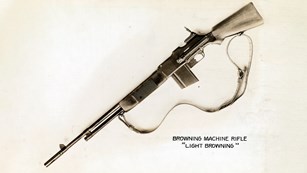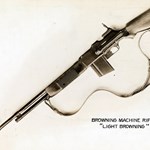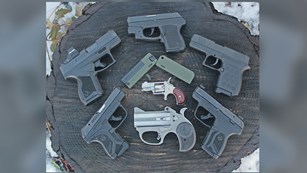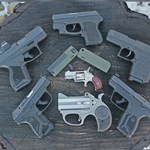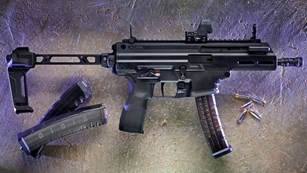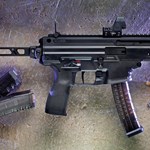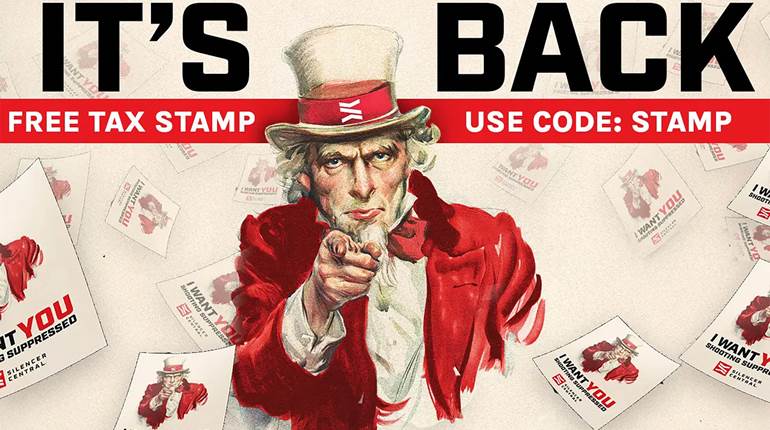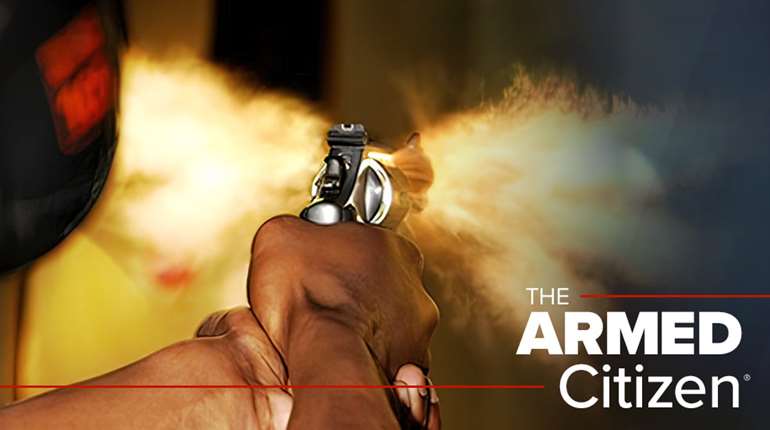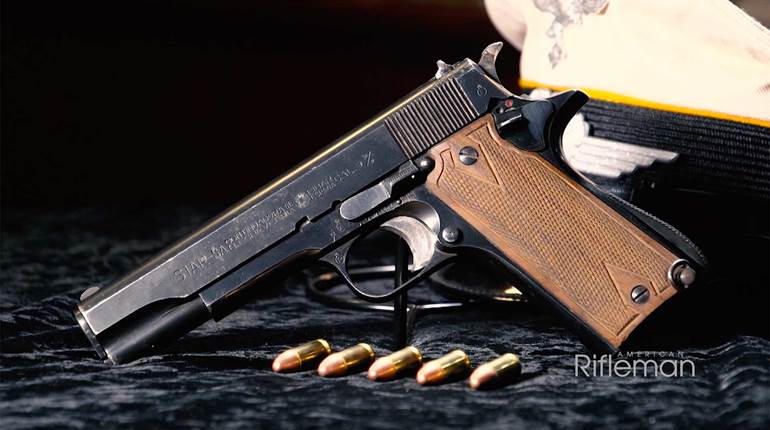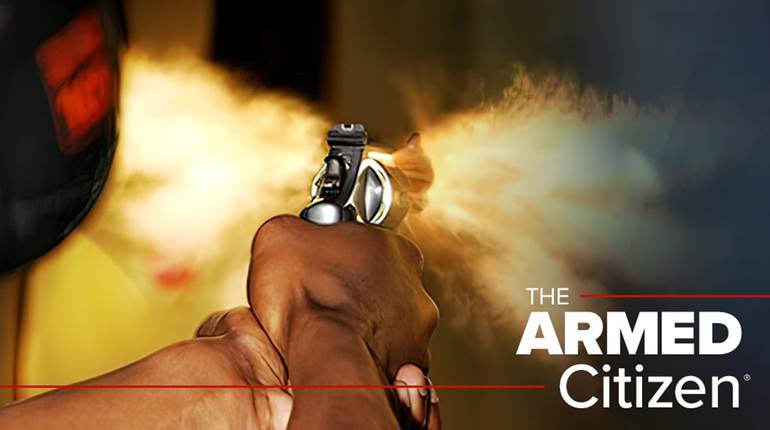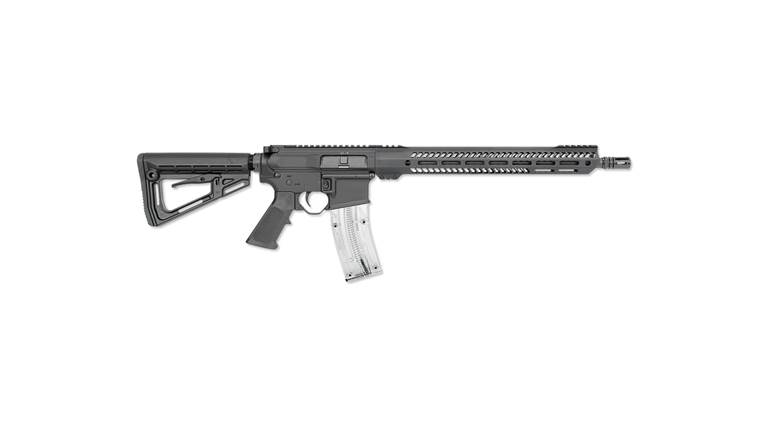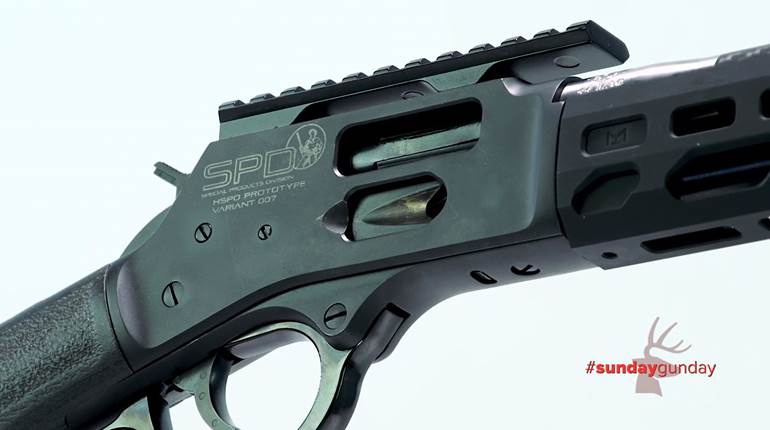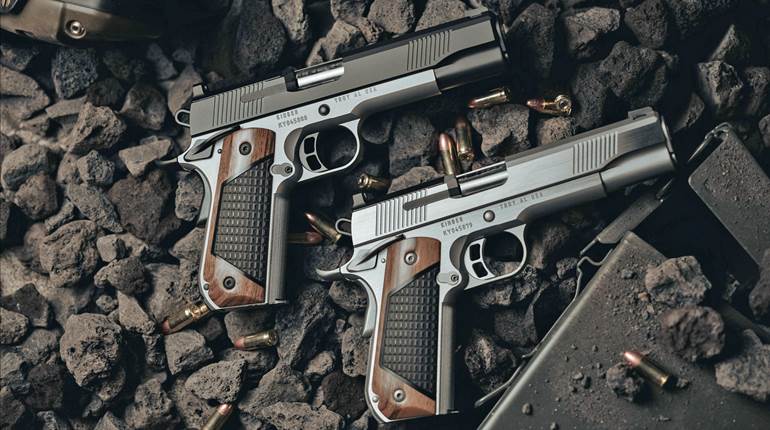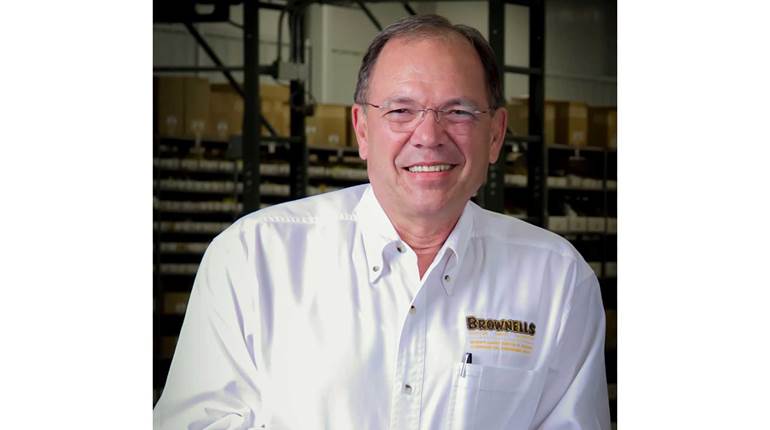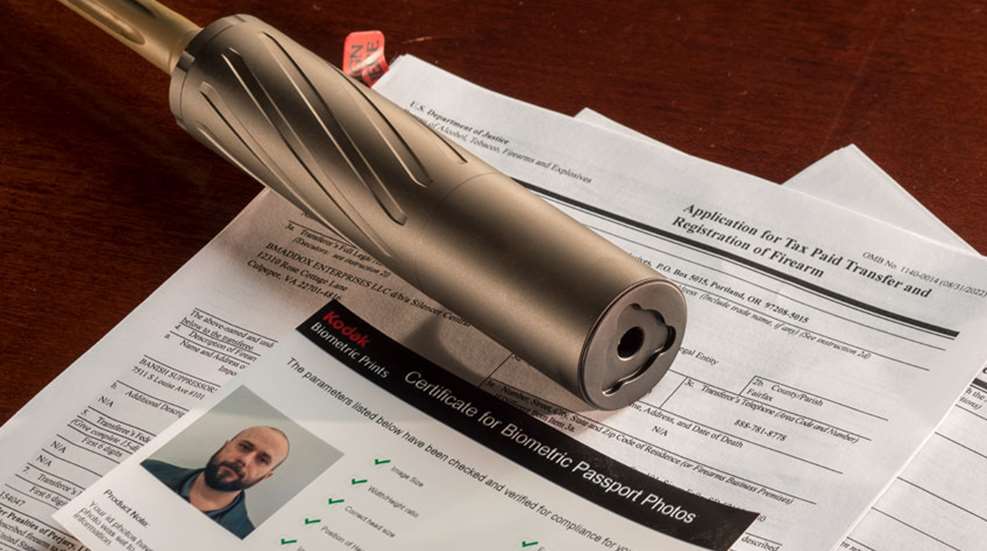
Suppressors protect our ears from the dangerous high-frequency sound waves that are an unfortunate natural byproduct of firearm use. They’re the most effective flash hiders on the market. They make a shot far less likely to spook a hunter’s quarry. They cut felt recoil considerably. They can often even make your gun more accurate.
Not to put too fine of a point on it, but silencers are awesome, and the fact that our government intentionally discourages their ownership and use by way of an onerous application process and what amounts to a $200 sin tax is an absolute travesty.
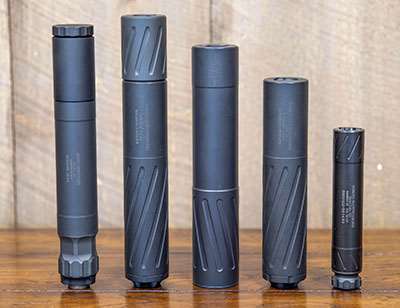
Yet despite all these benefits—and the best efforts of their manufacturers, the American Suppressor Association and publications such as this one—silencers are still the segment of the firearm industry most shrouded in mystery and misinformation. To this day, every single article I’ve ever written within the realm of suppressors has elicited well-meaning, but ignorant, comments from readers along the lines of, “Why are you running this? Don’t you know that suppressors are illegal?”
No, in actuality, they’re now lawful to own in 42 states (basically all but the vehemently anti-freedom ones that you’d expect to be holdouts), and are permitted for use while hunting in all but two of those.
Under the current system, three impediments to suppressor ownership exist—the $200 tax stamp, the long wait (sometimes in excess of a year) while the Bureau of Alcohol, Tobacco, Firearms and Explosives (ATF) processes the transfer, and the complicated procedure itself that falls under the National Firearms Act (NFA).
But Silencer Central, a South Dakota-based suppressor manufacturer and dealer, is doing its best to remove that latter obstacle by demystifying the process and making the ordeal simpler and less labor-intensive. Just select the right suppressor for your needs, trust Silencer Central to handle the paperwork and then wait for the “can” to be delivered right to your door.

Brandon Maddox, a pharmacist who truly fell in love with hunting after experiencing the difference that a silencer makes in the field, founded the company as South Dakota Silencer back in 2005 after his own poor suppressor-buying experience convinced him to pioneer a better way. So seemingly daunting was the process that his local gun store actually tried to talk him out of the sale because its staff didn’t want to bother with their end of the necessary paperwork.
Maddox immediately began the task of getting his own license, and committed himself to becoming an expert in the patchwork of state and federal regulations that unfortunately governs suppressor ownership, while also constantly staying breast of evolving ATF interpretations.
He started small, mostly working local gun shows, but the business has steadily grown through the years, to the point that its sphere of operations has now expanded to the national level, a reality that prompted a name change—to Silencer Central—in August of 2019. Today, the 75-employee company is federally licensed to sell suppressors in all 42 states where their use is legally permitted.
Its website offers not only the manufacturer’s own Banish line of silencers, but other makers’ products as well. And while many rifle models these days come threaded from the factory for compatibility with a suppressor, for those that aren’t, Silencer Central’s in-house machine shop can thread your muzzle for you and then ship the barrel straight back to your house for the very reasonable price of $80 ($100 if you also want a quality thread protector included).
Here’s how suppressor buying typically works: You do the research and determine what you need, then you visit a local Class 3 dealer (not all FFLs can sell or transfer NFA items) to discuss what makes and models it is able to get shipped in that meet those requirements. Once you decide on a specific silencer, you will begin the requisite paperwork, and will likely have to pay completely for the can, the tax stamp, the dealer’s transfer fee and sales tax for the purchase, all up front.
But before you can take custody of your silencer, the transfer must be approved by, and the suppressor’s serial number must be registered with, the federal government—a wait that, once submitted, varies according to ATF’s current workload from a couple months to nearly two years. Until this approval comes, “your” suppressor will reside with the dealer.
You can choose to transfer the title of the suppressor to yourself as an individual, you can form a trust and transfer the silencer to that trust or you can transfer it to a legal entity, such as a corporation. There are benefits to each path, and the process varies a bit depending on your choice. Although some of the advantages offered by a trust were rendered moot by the enactment of ATF Final Rule 41F in July of 2016, most of the experts in firearm law I’ve spoken with still favor their use.
This is because trusts allow for shared possession of the suppressor in question, they avoid the tax requirements of transferring through a corporation and they tend to expedite the approval process. Also, if you register the can to yourself as an individual, in the unfortunate event of your death, survivors will have to jump through some extra hoops to be able to transfer it out of your name—not so with a trust that can have multiple trustees.
Just be aware that should you choose to go this route, while legal services exist that will happily craft the trust documentation for your use, you can expect to pay an additional $100 or more for the convenience.
Regardless of your decision, the forms are a confusing pain, and you’re going to be providing passport photos and fingerprint cards to ATF. Also, your local chief law enforcement officer will need to be notified of your pending purchase.
Unless you’ve really planned ahead, this likely means that you will have to leave the dealer, complete those tasks and the required forms, and then return at a later date for final submittal of your packet—and the clock doesn’t start ticking until this is all completed and is in ATF’s hands. Months later, once your Form 4 is approved, your dealer will notify you, and after one last trip to the FFL, you can finally take your suppressor home.
Now, for comparison, here’s the difference that Silencer Central makes: First, you call the company and discuss suppressor options with a sales associate until you decide on the right model. This employee takes your information and enters it into the system. You can also buy directly online.
Company software creates personalized ATF paperwork for you, and a state-specific gun trust comes free with every suppressor purchased through Silencer Central. The paperwork is then sent to you, either digitally via DocuSign or by hardcopy through the mail, for your signature. Ink and a set of fingerprint cards is mailed to your residence, as are instructions on how to take a passport picture using your cell phone—so both of these steps can be accomplished from the privacy of your own home.
You then send the fingerprints and paperwork back to Silencer Central in a pre-addressed envelope supplied by the company, and email your photo to the sales associate. Once received, your fingerprints and photographs are scanned into the system and saved for use with future purchases—so you’ll never need to repeat those steps—and you are notified by email (and SMS) that your packet has been received. Prior to submittal, your completed paperwork is reviewed by Silencer Central’s compliance team, and then emailed to you, along with your NFA gun trust.
Silencer Central then submits your application and notifies state law enforcement of the transfer for you, and not only provides monthly updates on your status, but also ATF’s email address and phone number so you can check on the progress of your application yourself. If approval takes longer than is the current norm, the system flags it and a representative contacts ATF for an explanation.
Once approval has been received, you are notified, and final documentation is sent for your signature—upon receipt of which your suppressor is shipped straight to your front door. So well-oiled is the procedure that—once the company has your fingerprints and picture on file—the staff can often submit a packet on the same day that the customer places the order. And while having an email address and/or a camera-capable cell phone will certainly help accelerate the process, neither is necessary to complete a Silencer Central order.
Ultimately, your wait time isn’t too much shorter, and you’re still out the cost of a tax stamp, but by using Silencer Central to purchase a suppressor, your leg work is reduced to virtually nothing—as is your stress level—and you get a free trust to boot.
Further sweetening Silencer Central’s process is its interest-free installment plan that allows patrons to split the cost into four equal payments—meaning you’re not left empty-handed, and out the entire cost of the suppressor, for a year or so while the wheels of government slowly turn.
Silencer Central has done the suppressor owners of the world a huge service. By taking stewardship of the paperwork, streamlining the fingerprinting, photography and law enforcement notification requirements, and supplying every single customer with a free gun trust, the company has simplified ATF’s convoluted NFA process to the point of making it a complete non-issue for qualified, prospective buyers. And, if you’re unhappy with your purchase in any way, the company will buy it back from you.
If that results in more firearm owners having the opportunity to personally experience the many benefits of these wonderful little tubes, and brings their use more mainstream acceptance and understanding, then the entire gun community wins. And I surely can’t be the only one who has literally dreamed of having a silencer delivered directly to my doorstep.
